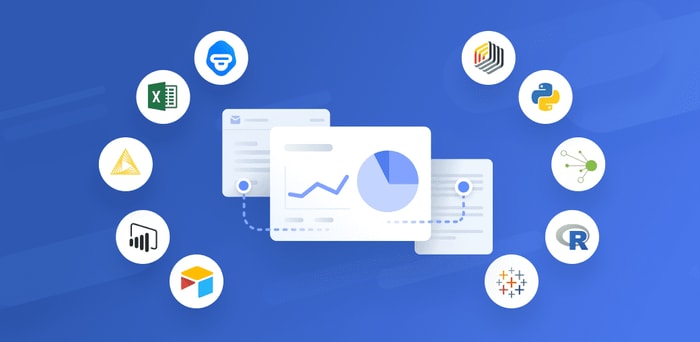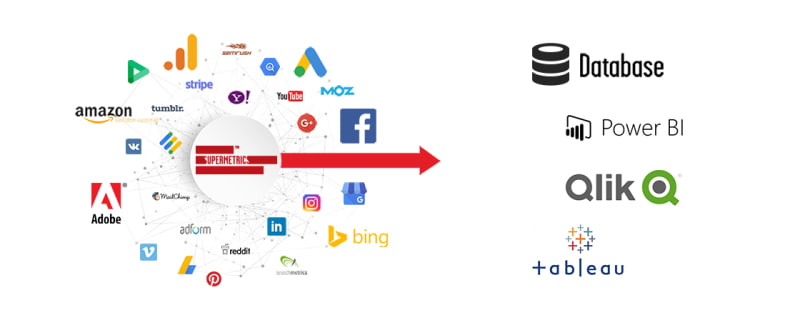In this post, I would like to share my journey in becoming a junior Data Analyst. The previous discussion on A guide into Data Science classifies data analysis as one of the careers in the field. A Data Analyst is said to be a person who aims to conclude from available data by cleaning, inspecting, manipulating and modeling, and transforming it. In general, a data analyst uses the previous information records to answer questions such as, What products sell the most? Which state records the highest number of crimes? Like any other data scientist, a data analyst has a list of instruments they must have in their laboratory.
My journey began with numerous research on what Data Analysis entails. I also looked up multiple companies that offer job opportunities and, of course, the minimum pay for an analyst. My favorite information source was from a Youtuber,Luke Barousse. He offers extensive information on Data Science, and I find his learning tactics quite interactive. The next step was to begin understanding what skills I needed to have. Without further explanation, let’s get into the necessary skills.
Tools of a Data Analyst
In my learning experience, I have worked on four categories of skills that I thought were needed in the field.
- Technical skills
- Business Intelligence Tools
- Analytical Skills
- Soft Skills
I arranged the skills in a numbered list because I began my journey into Data Analysis. However, that does not mean learning should be self-paced, and a person may start with whatever feels comfortable. Now let’s explain deeply what each of these four categories entails.
Technical Skills

As the name suggests, these are coding skills. There are considerable technical skills to work on for a data analyst, but only a few are used in the industry. That is Programming, Spreadsheets, and Database Management. Here’s a list of resources I combined for this category.
Programming Languages - R, Python
Spreadsheet - Microsoft Excel
Databases - SQL, NoSQL, MySQL.
I have improved my Python, Excel, and SQL experience. One thing to clarify on, when dealing with SQL, data analysis is not creating tables and queries. There is more to SQL than the basic manipulation, and one has to work on aggregation, mathematical functions, string functions, and more. The same can be said for Microsoft Excel. Later, we’ll discuss topics to work on for each technical skill mentioned above.
Business Intelligence Tools
Business Intelligence (BI) is the tactics and technology utilized by businesses for data analysis and management of business information. Other people would call this category Domain Knowledge. The most common tools are Tableau and PowerBI. I have worked with Tableau, and it offers the most fantastic visualization and representation tools. I have not yet exploited PowerBI. However, my research’s findings show widespread in this career.
Analytical Skills

I believe that analysis focus on mathematical functions. That means algebra, calculus, and probability. These units teach you to calculate regressions, data metrics, and forecasting. Most high schools and universities teach these units to their students. Online courses from platforms such as Coursera and YouTube may help perfect these mathematical skills. Additionally, analytical skills include problem-solving, critical thinking, and informative knowledge on subjects. To meet this criterion, you should join communities that speak Data Analysis on primary social media pages.
Soft Skills

This skill is one of the main criteria used by recruiters when hiring employees. Companies look for a goal-oriented person who has better communication skills, is a leader, and is a team worker, among many others. Inter-personal soft skills help maintain a healthy work environment. These skills can be improved through writing, interaction with others, and asking for feedback.
Conclusion
These four tools have been my major priority in my journey as a Data Analyst. Fortunately, the availability of resources is plenty, and it’s never too late to learn. I’d advise you to find something to start with, work on it every day, and watch how you improve from a junior to a senior data Analyst. I hope you find this piece quite helpful. Feel free to leave your comments in the discussion section.





Top comments (3)
The article looks good.
You just need to keep writing more to improve your writing skills.
Thank you for the feedback
Amazing post